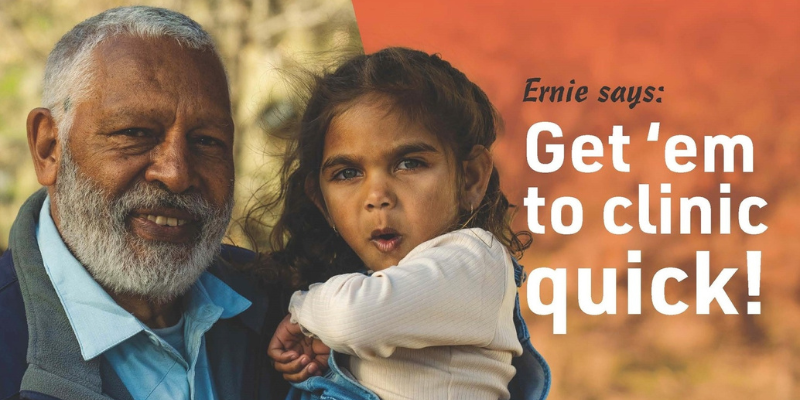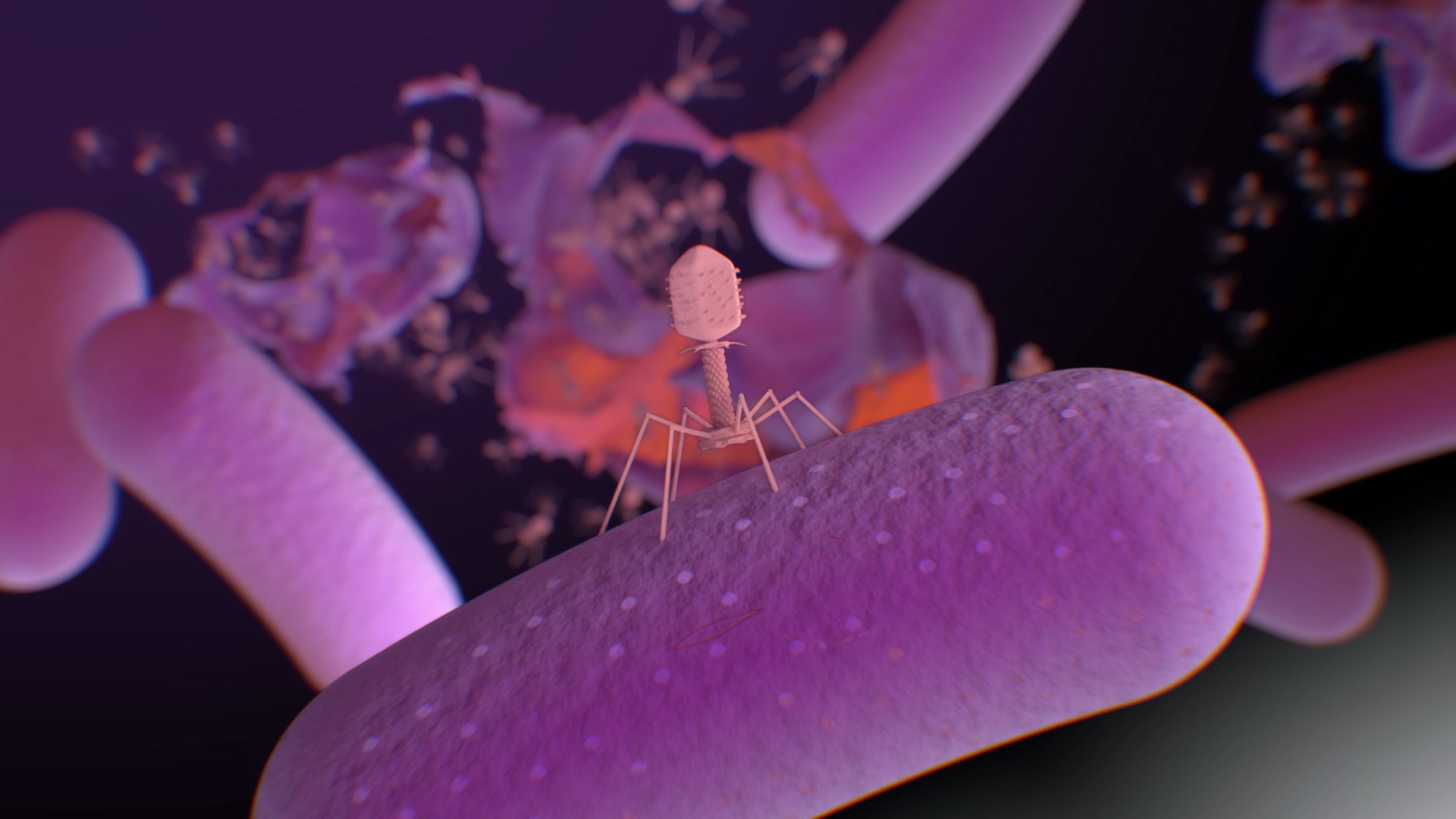Search
Research
Microbiomic Analysis on Low Abundant Respiratory Biomass Samples; Improved Recovery of Microbial DNA From Bronchoalveolar Lavage FluidIn recent years the study of the commensal microbiota is driving a remarkable paradigm shift in our understanding of human physiology. However, intrinsic technical difficulties associated with investigating the Microbiomics of some body niches are hampering the development of new knowledge. This is particularly the case when investigating the functional role played by the human microbiota in modulating the physiology of key organ systems. A major hurdle in investigating specific Microbiome communities is linked to low bacterial density and susceptibility to bias caused by environmental contamination.
Research
Associations Among Early Stimulation, Stunting, and Child Development in Four Countries in the East Asia–PacificThis study examined associations among preschool attendance, home learning activities, stunting status, and early child development using data from the validation study of the East Asia–Pacific Early Child Development Scales (EAP-ECDS).
Research
SMART Work Design: Accelerating the Diagnosis of Rare Diseases in the Western Australian Undiagnosed Diseases ProgramThe accurate and efficient diagnosis of rare diseases, many of which include congenital anomalies, depends largely on the specialists who diagnose them - including their ability to work alongside specialists from other fields and to take full advantage of cutting-edge precision medicine technologies and precision public health approaches.

News & Events
Wal-yan researchers to participate at scientific meeting for leaders in lung health and respiratory medicineMore than 15 researchers from the Wal-yan Respiratory Research Centre will head to the Gold Coast this weekend to take part in at The Thoracic Society of Australia and New Zealand and The Australia and New Zealand Society of Respiratory Science (TSANZSRS) Annual Scientific Meeting (ASM).

News & Events
Community bands together to improve lung health of Aboriginal children in East KimberleySeptember marks the three-month milestone of an intensive health promotion campaign in the East Kimberley region, which aims to raise awareness of the dangers of a chronic wet cough in Aboriginal children.

Effect of human rhinovirus infection on airway epithelium tight junction protein disassembly and transepithelial permeability. Rationale: No studies

Meet the team at Phage WA, who are working to tackle antimicrobial resistance (AMR) through phage therapy.

Early respiratory viral infections in infants with cystic fibrosis. Abstract Background: Viral infections contribute to morbidity in cystic fibrosis

The clinical significance of oropharyngeal cultures in young children with cystic fibrosis ABSTRACT In children with cystic fibrosis (CF) the

Parental Experience of Information and Education Processes Following Diagnosis of Their Infant With Cystic Fibrosis Via Newborn Screening. Abstract
